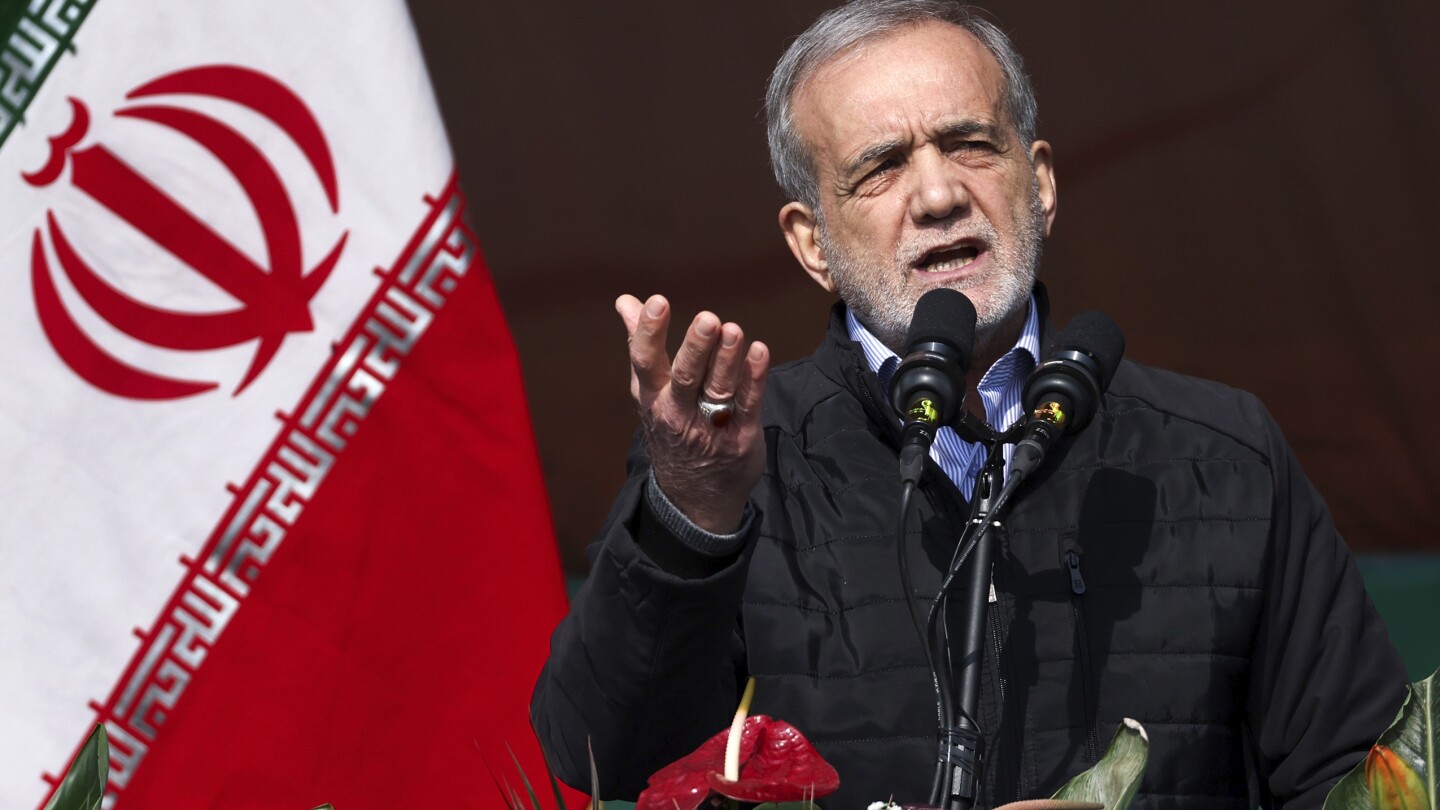Iran Rejects US Talks: Trump's Letter Ignored, Tensions Remain High
Tensions between the United States and Iran remain high after Iran officially rejected a purported letter from former President Donald Trump, effectively shutting down any possibility of immediate dialogue. The rejection underscores the deep-seated mistrust between the two nations and throws cold water on hopes for a quick de-escalation of the ongoing regional conflicts.
Trump's Overtures and Iran's Firm Response
Reports emerged last week suggesting that a letter from Trump, sent through intermediaries, had attempted to open a channel of communication with the Iranian leadership. The letter's contents remain undisclosed, but sources suggest it proposed a potential path towards a negotiated settlement of the long-standing disputes, possibly including a renewed focus on the 2015 nuclear deal (JCPOA).
However, Iran's Foreign Ministry swiftly and definitively rejected any such overtures. In a strongly worded statement, they dismissed the letter as lacking sincerity and deemed the offer as a mere political maneuver ahead of the upcoming US elections. The statement emphasized Iran's commitment to its own independent foreign policy and its unwavering stance against what it perceives as US aggression and interference in its internal affairs.
Analyzing the Rejection: Implications and Future Prospects
Iran's decisive rejection carries significant implications:
- Diminished Hopes for Dialogue: The rejection effectively closes the door on any immediate prospect for direct negotiations between the US and Iran, at least under the current circumstances. This further complicates efforts to address regional instability and the ongoing nuclear issue.
- Increased Regional Tensions: The lack of communication channels increases the risk of miscalculation and accidental escalation of tensions, particularly given the ongoing proxy conflicts in the region.
- Focus on Regional Alliances: Iran is likely to further solidify its existing alliances with regional actors, potentially leading to a more entrenched and complex geopolitical landscape.
- Continued Sanctions Pressure: The US is expected to maintain its sanctions regime against Iran, further limiting Iran's economic opportunities and potentially exacerbating internal pressures.
The JCPOA and the Path Forward
The future of the JCPOA, the 2015 nuclear deal, remains uncertain. While Iran has consistently maintained its adherence to its commitments under the agreement, the US withdrawal under the Trump administration has severely hampered its effectiveness. The current situation necessitates a broader, multilateral approach involving European powers and other regional players to find a sustainable solution.
What's Next?
The rejection of Trump's letter marks a significant setback in US-Iran relations. The path forward remains unclear, and the international community faces a complex challenge in managing the regional implications of this heightened tension. Any meaningful progress will require a fundamental shift in trust and a willingness from both sides to engage in genuine dialogue, addressing underlying concerns with transparency and good faith.
Keywords: Iran, US, Trump, Nuclear Deal, JCPOA, Sanctions, Tensions, Middle East, Foreign Policy, International Relations, Diplomacy, Geopolitics
Related Articles: (This section would link to other relevant articles on your website about Iran, the JCPOA, or US foreign policy. For example: , )

